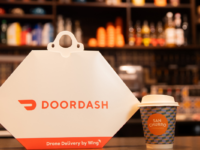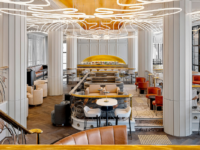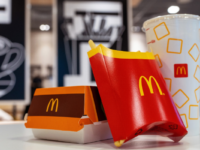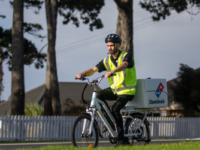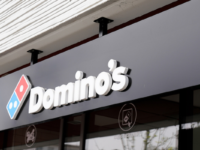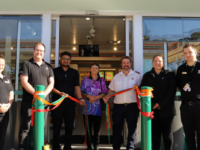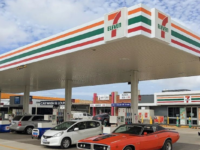When Paresh Davaria’s 7-Eleven convenience store in the western Sydney suburb of Campbelltown was held up by armed robbers in the early hours of the morning twice in four months, he sought to close the 24-7 outlet betweeen 11pm and 4am.
According to Fairfax Media, a police assessment of the security levels at Davaria’s shop following the knife and sawn-off shotgun attacks revealed an “extreme” robbery risk.
Davaria claims keeping the store open overnight is not only unsafe but a loss-making exercise.
However the request was knocked back by 7-Eleven. Davaria believes the franchisor’s refusal to amend opening hours may be influenced by his own role as lead applicant in a franchisees’ class action against the company, something 7-Eleven denies.
“Mr Davaria’s concerns in this matter have been treated in the same manner as those raised by any other franchisee,” the franchisor said in a statement.
7-Eleven insists the “safety of staff and customers in our stores is our paramount concern”.
The franchisor said after receiving the NSW Police risk assessment it consulted with local police and invested tens of thousands of dollars implementing a range of measures to enhance the safety and security of Davaria’s team and night customers.
This included the funding of a security guard until installation of a night-pay window is completed.
7-Eleven pointed to a failure by Davaria to meet minimum security standards.
“The police report also recommended a range of prevention measures that are standard operating procedures for 7-Eleven but were not being met to our standards in the store, and we have worked with Mr Davaria to ensure compliance. We have liaised with the local police to ensure that this comprehensive response effectively minimises the initially assessed level of risk to enable the store to safely trade 24/7.”
The convenience chain has reiterated the 24 hour nature of the business, trading hours the franchisees accept when they sign the franchise agreement.




